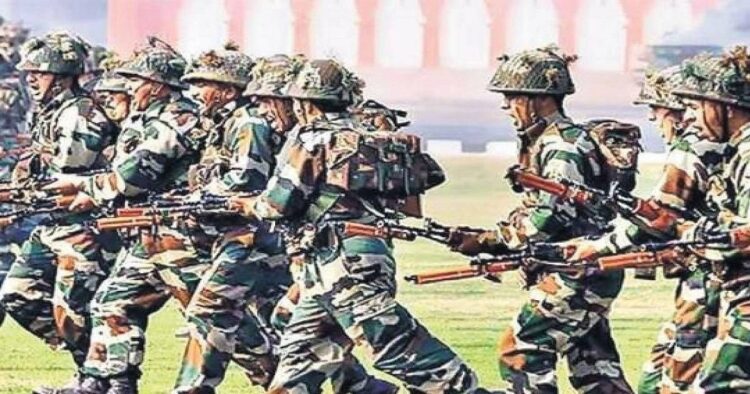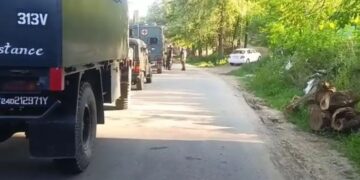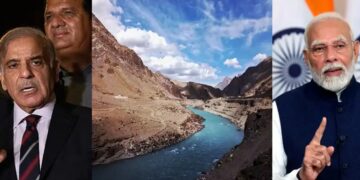The debate over the Agnipath scheme for recruiting soldiers into the Indian armed forces has intensified. Former Navy chief Admiral KB Singh criticized the scheme, stating it would “degrade the combat effectiveness” of the military. Singh, who retired in November 2021, was involved in discussions about the proposal before it was announced in June 2022.
Singh claims the main goal of the Agnipath scheme is to reduce the pension bill rather than enhance national security. His comments were made in response to a post by another former navy chief, Admiral Arun Prakash, who emphasized that any military reform should prioritize combat effectiveness over economic concerns.
The scheme has faced additional scrutiny after opposition leader Rahul Gandhi shared a video of the father of an Agniveer, claiming the family received no compensation after his son died in a landmine explosion. The army rebutted this, stating that part of the compensation had been paid and the rest would follow shortly.
The Agnipath scheme represents a significant change from the traditional recruitment system, allowing soldiers to serve for only four years, with 25% retained for regular service. Critics, including former military leaders and opposition politicians, argue the scheme is discriminatory and detrimental to national security. Colonel Rohit Chaudhary (retd) from the Congress party criticized the scheme for creating two classes of soldiers and martyrs.
ALSO READ: “Indian Army Confirms Rs 98 Lakh Compensation Paid to Agniveer Ajay Kumar’s Family”
Despite criticism, former army chief General Manoj Pande reported positive feedback from army units about Agniveers, stating the scheme was finalized after thorough consultations. However, his predecessor, General Manoj Mukund Naravane (retd), mentioned in his forthcoming autobiography that the scheme surprised the military.
The Agnipath scheme has also influenced recent Lok Sabha elections, with the BJP-led NDA facing setbacks in recruitment hub states like Uttar Pradesh, Rajasthan, Haryana, and Punjab. Traditional soldiers serve for about 20 years and receive pensions and benefits, whereas Agniveers, released after four years, do not receive the same entitlements.

















Comments